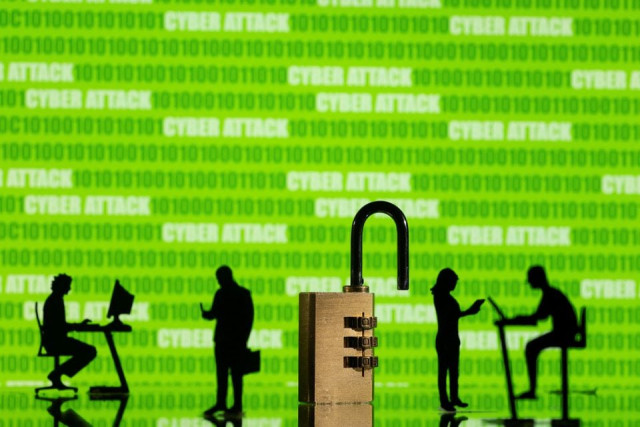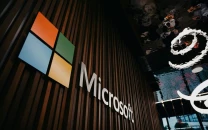Australia accuses Chinese spy agency of massive cyber espionage
Chinese group targeting government and business while stealing usernames and passwords, says Cyber Security Centre

Australia and its allies, including the US and Japan, on Tuesday accused the Chinese spy agency of large-scale cyber espionage, targeting government and business networks while stealing usernames and passwords.
A joint advisory issued by the Australian Signals Directorate’s Australian Cyber Security Centre (ASD’s ACSC) said the APT40 (Advanced Persistent Threat) group, linked to Chinese Ministry of State Security, is actively conducting regular reconnaissance against networks of interest in Australia, looking for opportunities to compromise its targets.
"The group uses compromised devices, including small-office/home-office (SOHO) devices, to launch attacks that blend in with legitimate traffic, challenging network defenders," it said in statement.
"APT40 has repeatedly targeted Australian networks as well as government and private sector networks in the region, and the threat they pose to our networks is ongoing," ASD claimed.
Read: Paris 2024 gearing up to face cybersecurity threat
The US, UK, Japan, Canada, Germany, New Zealand and South Korea have also accused Beijing of large-scale cyber espionage in the region.
In March this year, the US and UK also accused China for state-sponsored cyberattacks which Beijing rejected and said it was itself the victim of such actions.
However, Beijing on Monday urged Washington to stop its "smears and vilification" against China, calling on the US to "act responsibly and contribute to the peace and security of the cyberspace."
Foreign Ministry spokesman Lin Jian said: "Back in April, relevant Chinese agencies revealed the scandal about the United States framing China for being responsible for "Volt Typhoon" in order to advance its own geopolitical agenda."



















COMMENTS
Comments are moderated and generally will be posted if they are on-topic and not abusive.
For more information, please see our Comments FAQ